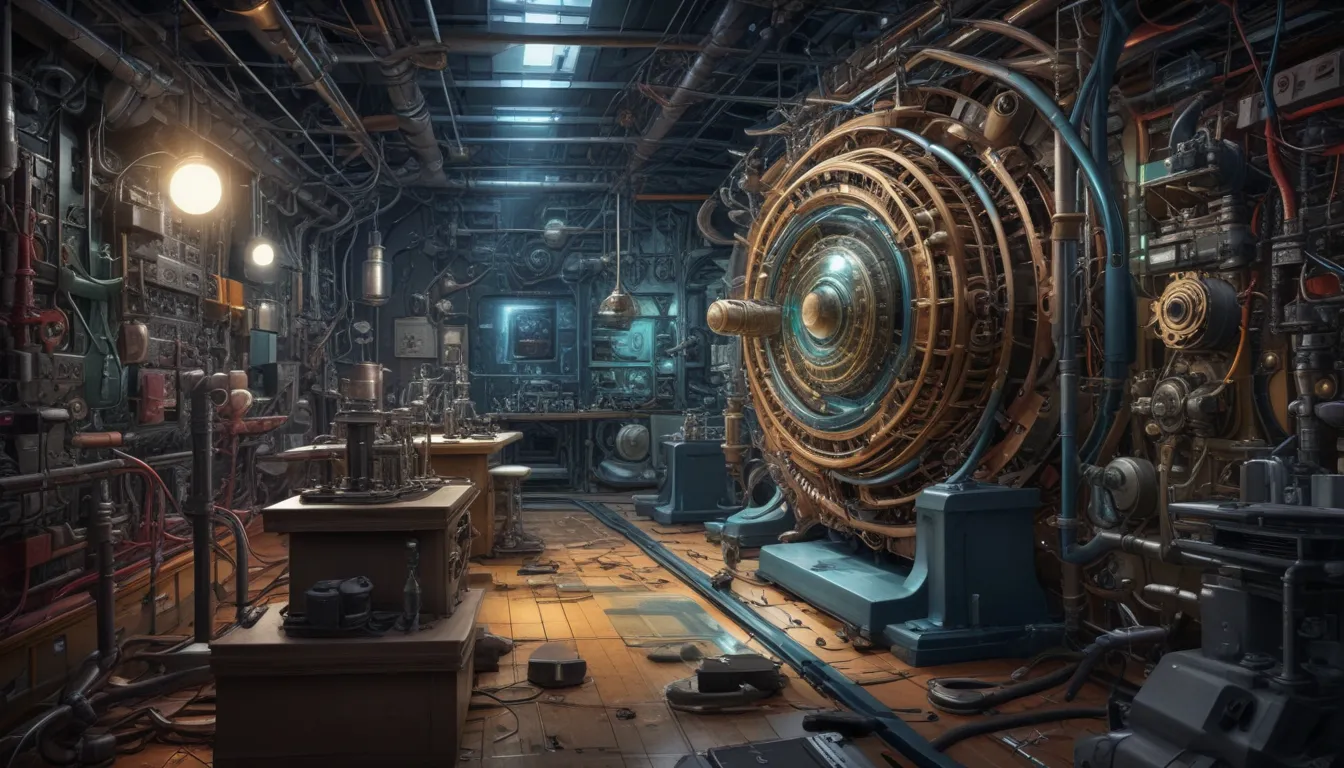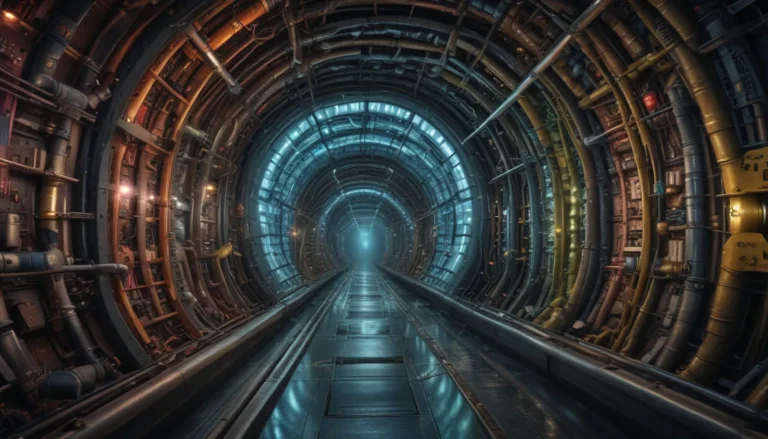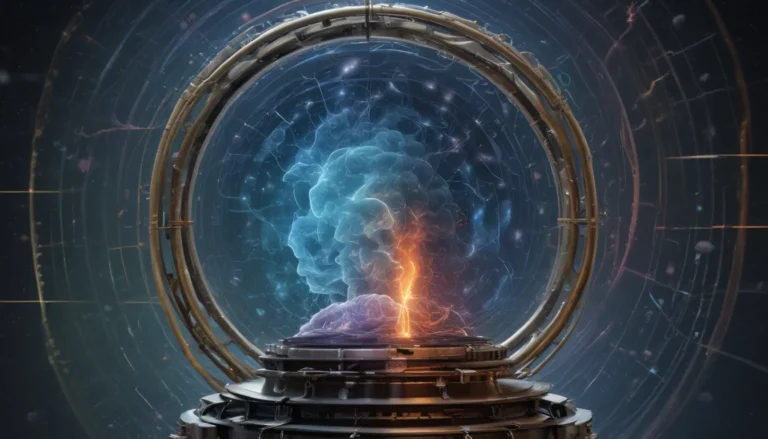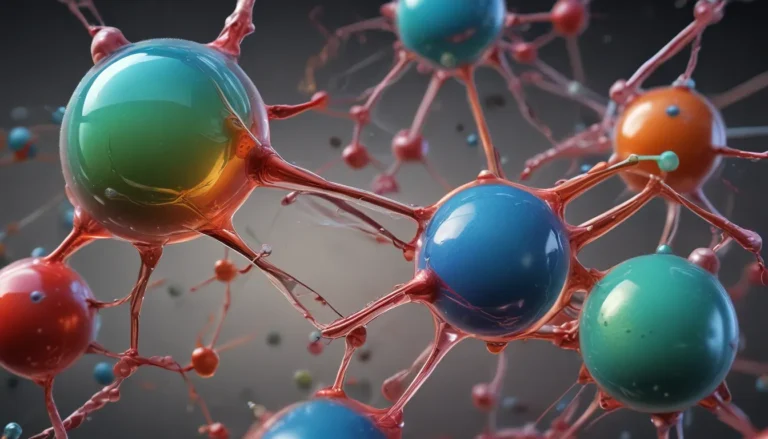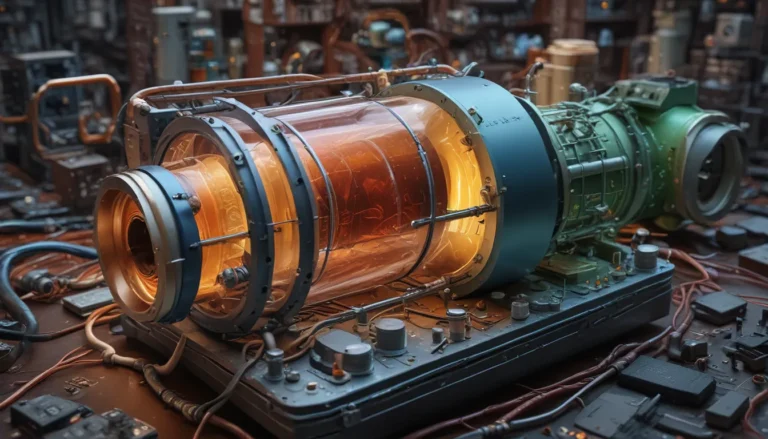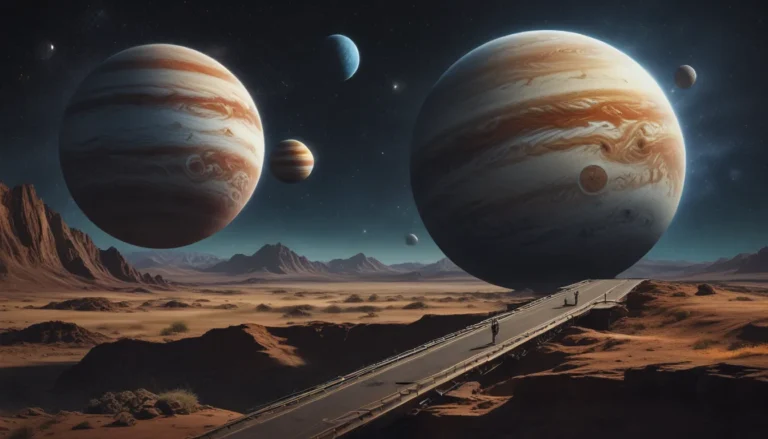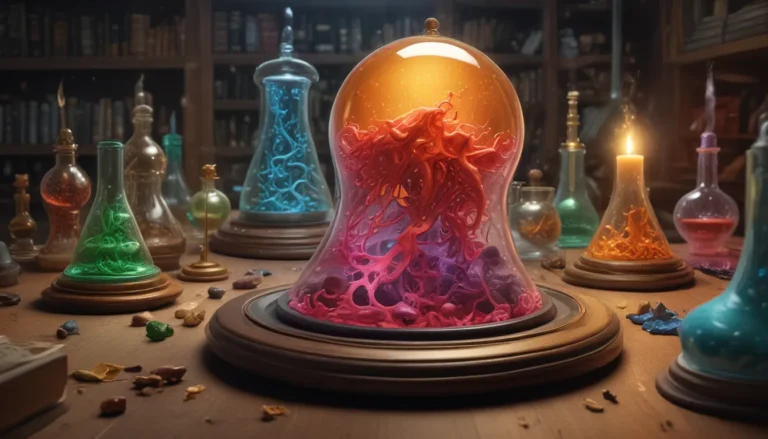A Note About Images: The images used in our articles are for illustration purposes only and may not exactly match the content. They are meant to engage readers, but the text should be relied upon for accurate information.
Experimental physics is a captivating branch of science that seeks to unravel the mysteries of the universe through observation, experimentation, and rigorous testing. Unlike theoretical physics, which relies on mathematical models, experimental physics involves hands-on work in labs using various instruments to gather data and validate scientific theories. This field requires a unique blend of creativity, curiosity, and technical skill, as researchers design experiments to probe the unknown aspects of the universe. From the early works of pioneers like Galileo Galilei to the groundbreaking discoveries of the 21st century, experimental physicists have been at the forefront of pushing the boundaries of human knowledge.
Unveiling the World of Experimental Physics
Early Pioneers in Experimental Physics
-
Galileo Galilei, often hailed as the father of modern experimental physics, conducted experiments in the early 17th century to study motion and gravity. His iconic experiment of dropping two balls of different masses from the Leaning Tower of Pisa challenged the prevailing theories of his time.
-
Isaac Newton’s laws of motion and universal gravitation, developed in the late 17th century, further solidified the foundation of experimental physics. His meticulous experiments, such as using prisms to split light, revolutionized our understanding of the physical world.
Landmark Experiments in Modern Physics
-
The Michelson-Morley Experiment in 1887, aimed at detecting the “aether,” led to the development of Einstein’s theory of special relativity. This experiment laid the groundwork for a new understanding of the nature of light and motion in the universe.
-
The Rutherford Gold Foil Experiment in 1909 revealed the existence of a small, dense nucleus within atoms, reshaping our understanding of atomic structure at its core.
-
The Double-Slit Experiment, conducted with light and later with electrons, showcased the wave-particle duality of quantum objects, highlighting the fundamental principles of quantum mechanics.
Unraveling Mysteries in Experimental Physics Today
Milestones of the 21st Century
-
The Large Hadron Collider (LHC) experiments led to the discovery of the Higgs boson in 2012, a breakthrough that sheds light on the origin of mass in the universe.
-
Gravitational Waves, detected for the first time in 2015, confirmed a key prediction of Einstein’s general theory of relativity, opening a new window into the cosmos and revolutionizing our understanding of the universe.
-
Quantum Computing Experiments are revolutionizing technology by harnessing the principles of quantum mechanics to process information in ways traditional computers cannot.
The Nexus of Technology and Experimental Physics
Harnessing Technological Advances
-
Vacuum pumps, developed in the 17th century, enabled precise measurements of atmospheric pressure and laid the foundation for verifying Boyle’s law.
-
Superconducting Magnets in particle accelerators like the LHC are indispensable for achieving the high energies necessary to explore the fundamental particles of the universe.
-
Laser Interferometers, utilized in gravitational wave detectors, possess unparalleled sensitivity, allowing scientists to detect ripples in spacetime caused by distant astrophysical events.
Navigating Challenges in Experimental Physics
Facing Obstacles Head-On
-
The replication crisis, not exclusive to psychology, presents a challenge in physics, especially in fields like particle physics and cosmology, where replicating complex experiments can be arduous and costly.
-
Cold Fusion, initially touted as a breakthrough in energy production in 1989, faced skepticism and controversy due to the inability to replicate its results, emphasizing the importance of peer review and reproducibility.
-
The OPERA Experiment’s 2011 claim of particles traveling faster than light was later debunked, underscoring the complexities and potential pitfalls of experimental work.
To Infinity and Beyond: The Future of Experimental Physics
Pursuing Frontiers of Knowledge
-
Dark Matter and Dark Energy, enigmatic components that dominate the universe, remain profound mysteries awaiting further exploration through experimental endeavors.
-
Quantum Gravity Experiments aim to reconcile general relativity with quantum mechanics, promising to unlock the secrets of gravity on a quantum scale.
-
Neutrino Experiments continue to probe these elusive particles, offering insights into fundamental questions about the makeup of the universe.
-
Fusion Energy Research holds the promise of clean, abundant energy if scientists can overcome the challenges of viable fusion power plants.
-
Various other realms of experimental physics, from nanotechnology to biophysics, astrophysics, and environmental physics, offer endless possibilities for discovery and innovation.
Embracing Collaboration and Innovation
- International Collaborations are becoming increasingly essential in experimental physics, as many of the most pressing questions and challenges necessitate global resources, expertise, and facilities.
The Exciting Journey of Experimental Physics
Embarking on a voyage through the realm of experimental physics unveils a captivating narrative where curiosity intertwines with discovery. This field, driven by innovation and exploration, constantly expands the horizons of human understanding. From unraveling the mysteries of the smallest particles to exploring the vast expanse of space, experimental physicists challenge existing paradigms and propel the frontiers of knowledge forward. Their work not only deepens our comprehension of the universe but also catalyzes technological advancements that shape the world we live in. As we reflect on these captivating facts, each one serves as a stepping stone towards greater revelations, underscoring the unending adventure of human curiosity, creativity, and resilience in the pursuit of scientific truth.
Conclusion
Experimental physics stands as a testament to humanity’s relentless quest for knowledge and understanding. Through empirical experimentation and unwavering dedication, experimental physicists continue to push the boundaries of scientific exploration, unveiling the mysteries of the universe one discovery at a time. As we celebrate the ingenuity and perseverance of those at the forefront of experimental physics, we embark on a shared journey of discovery, innovation, and enlightenment, shaping a brighter future for generations to come. Join us in celebrating the wonders of experimental physics and the boundless possibilities that lie ahead in the ever-evolving story of human curiosity and discovery.
